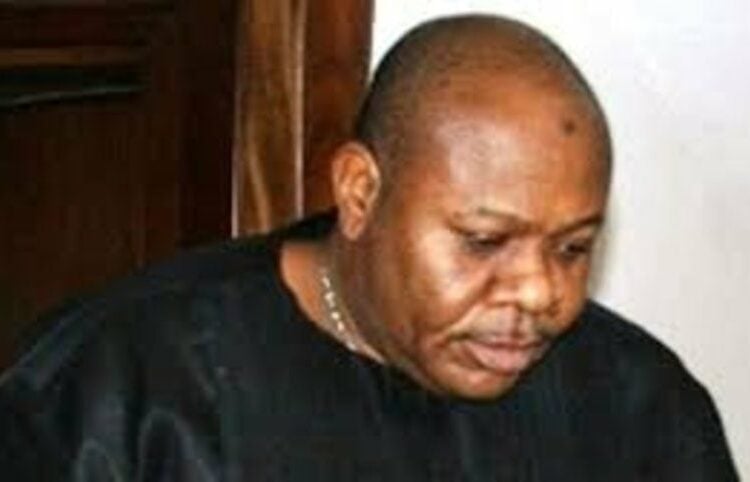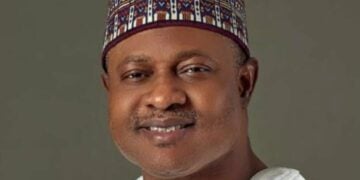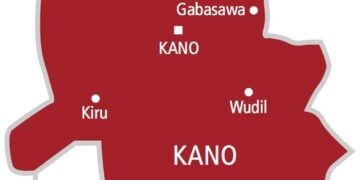Justice Mojisola Dada of the Lagos State Special Offences Court in Ikeja has dismissed a bail application filed by alleged fraud kingpin, Fred Ajudua, for being incompetent.
Ajudua, who was first arraigned before the court in 2004, for allegedly obtaining $1.046 million from a German, Zaid Abu Zalaf, filed the application to seek permission to travel abroad on health grounds.
However, Justice Dada, in her ruling, held that since the defendant is currently before the Supreme Court, where he is seeking similar reliefs, she cannot entertain the fresh bail application.
The judge held, “In light of the applications filed with the Supreme Court, I cannot make any decision regarding this instant bail application filed by the defence counsel. I will abide by the decisions made by the Supreme Court.”
Ajudua, who came to court accompanied by medical personnel from the Lagos State University Teaching Hospital (LUTH), was arraigned by the Economic and Financial Crimes Commission before Justice Dada on a 12-count charge of fraud and conspiracy.
The anti-graft agency alleged that Ajudua conspired with one Joseph Ochunor, who is still at large, sometime in 1993 to defraud his victim, Zalaf of Technical International Ltd, a company based in Germany.
The EFCC further claimed that Ajudua and Ochunor forged receipts from the Central Bank of Nigeria and the Nigerian National Petroleum Corporation, presenting them as original documents to lend credibility to the alleged scam.
He had, however, pleaded not guilty to the charge.
After the ruling, Justice Dada directed the EFCC counsel, Seidu Atteh, to call his witness despite opposition from the defence counsel, Olalekan Ojo (SAN), who asked the court for adjournment.
In his testimony, the third prosecution witness, Afanda Emmanuel, told the court that he met Ajudua in 2005, shortly after the establishment of the EFCC, and the defendant’s case file was handed over by the Special Fraud Unit (SFU) of the Nigerian Police Force to the Advance Fee Fraud Section of the Commission, where he worked.
Emmanuel also testified that in the course of the investigation, the Commission had cause to write to the NPF, the Central Bank of Nigeria (CBN), the Nigerian National Petroleum Corporation (NNPC) and the forensic lab of the EFCC to seek some documents in the investigation.
The witness said, “In 1993, a letter from the Nigerian Chamber of Commerce was sent and forwarded to the Inspector General of Police. It directed that the petition be annexed with receipts of payments purportedly issued by the CBN, alongside a letter of contract issued by NNPC.
The court adjourned the case until October 31 for the continuation of the trial.





